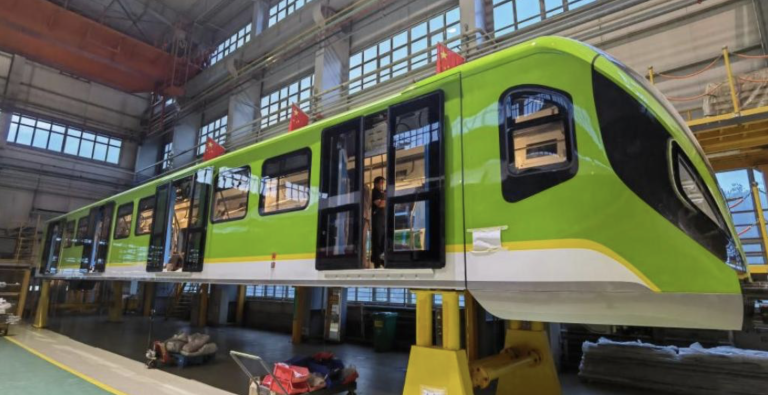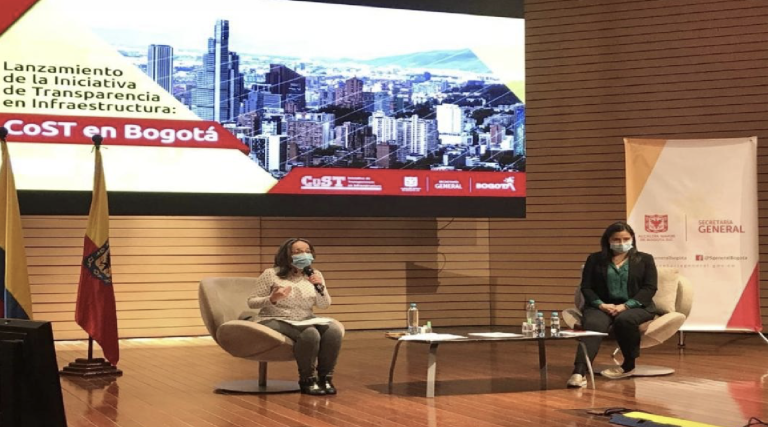Member since 2021
Public infrastructure in context
Bogotá, the capital city of Colombia, has made substantial investments in public infrastructure over the past decade, seeking to respond to the needs of a growing population of over 7 million people. Strategic projects in mobility, education, healthcare, and urban development have aimed to improve the quality of life, reduce inequalities, and promote sustainable urban growth. Notable investments include the extension of the TransMilenio bus rapid transit system, the construction of the Bogotá Metro, and large-scale urban regeneration programs in areas like Ciudad Bolívar and Usme.
The city has prioritized integrated infrastructure planning, especially in transportation and housing, to address long-standing challenges such as traffic congestion, informal settlements, and environmental resilience. Projects such as Cycle Infrastructure Master Plans, new public schools, hospitals, and the Regiotram de Occidente rail system have underscored Bogotá’s commitment to inclusive and sustainable development. These initiatives are funded through a combination of municipal budgets, national government support, and international development loans and grants.
Recognizing that transparency and accountability are essential to effective infrastructure governance, the Mayor’s Office of Bogotá has taken important steps to strengthen public oversight and reduce the risks of mismanagement or corruption in infrastructure projects. The city became a member of CoST as part of its efforts to publish infrastructure data in open formats and promote proactive transparency in project execution.
In addition, the city has promoted citizen participation through open forums, participatory budgeting mechanisms, and partnerships with universities and civic organizations. These efforts aim to ensure that infrastructure investments reflect community priorities and that citizens are empowered to play an active role in shaping their urban environment. Bogotá’s approach is setting a valuable example in Latin America of how principles of transparency, inclusion, and innovation can drive infrastructure development.
How it all began
The City of Bogotá joined CoST in February 2021 with an ambitious plan to improve high-value infrastructure projects. The city’s membership aligns with a broader reform package overseen by a newly established Transparency Committee, which focuses on promoting integrity in projects that ensure positive social, environmental, and economic outcomes.
Funded by the Mayor’s Office of Bogota and supported by the CoST International Secretariat, in its initial phase, the programme focused on projects from the health, water, and transport sectors, which equate to US$7.3 billion and include the city’s new metro line currently under construction.
As part of their application, the City of Bogotá submitted an implementation plan demonstrating ambitious and comprehensive intentions to set in motion the CoST approach, including details relating to its multi-stakeholder oversight, the design and roll-out of the infrastructure transparency, participation, and accountability.
The CoST Bogotá programme was launched at a high-level event in March 2021, which brought together speakers from CAF (the development bank of Latin America) and the UK Foreign, Commonwealth and Development Office. The event highlighted international support for Bogotá’s CoST membership and its significance in advancing the city’s transparency goals. Watch the full video of the launch below (in Spanish).
What’s next for CoST Bogotá
CoST Bogotá will initially publish information on eight major projects spanning water and sanitation, transport, and healthcare. They include the construction of Bogotá’s first metro line, a long-delayed project which will ultimately transport up to 72,000 passengers per hour in each direction. Disclosure in line with the CoST approach will increase transparency and accountability throughout the implementation of these high-value projects, ensuring public funds are spent efficiently and reducing the risk of costly delays.


